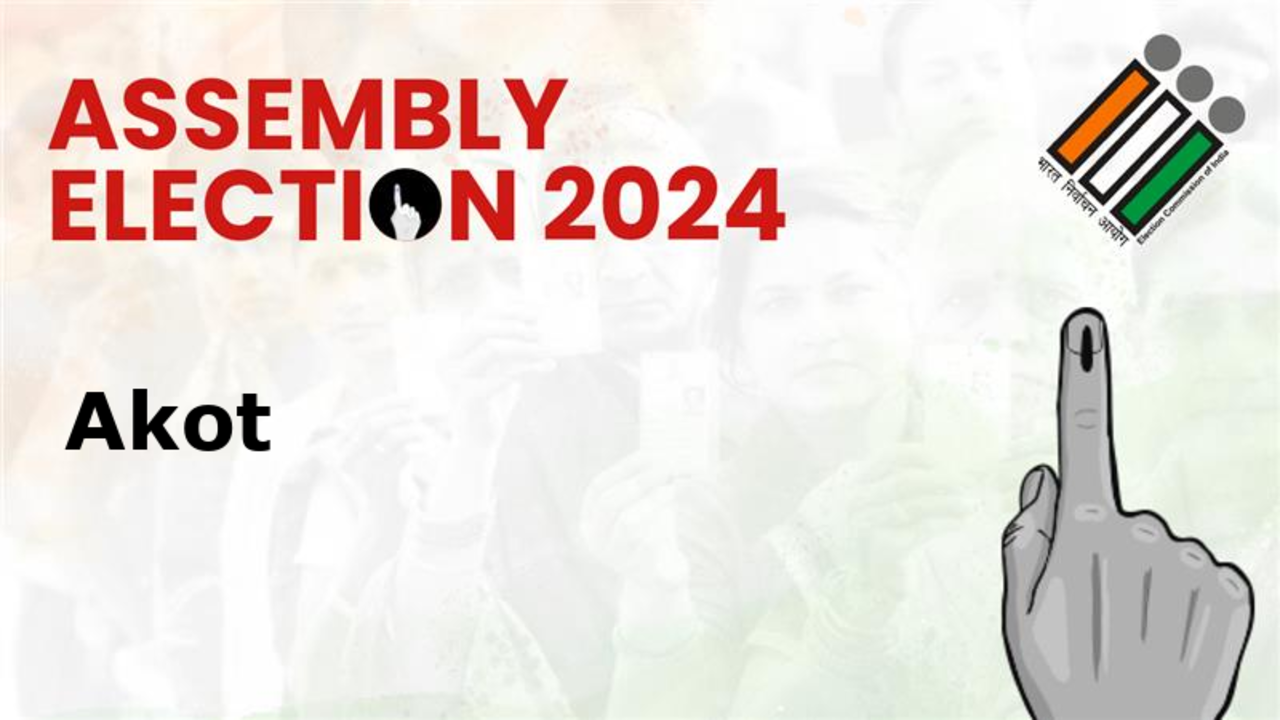
Opinion editor’s note: Strib Voices publishes a mix of guest commentaries online and in print each day. To contribute, click here . ••• In 2019, my friend Tim Mahoney was a member of the Minnesota House from the East Side of St.
Paul. He had been assigned to carry a bill increasing the penalties for wage theft. When it was time to hold a public hearing on the bill, he invited me to come.
I showed up because, in my youth, I had some experience as a volunteer unionizing child care workers and, later, organizing workers in the nascent computer industry to take action on the job for better wages, fair treatment for sick employees and non-discrimination in promotions. I knew how hard it was in non-union, low-wage jobs to challenge folks to work together, and how rewarding it was when those efforts were successful. I had never been a victim of wage theft, so I sat in the gallery to see who testified.
To my surprise, several Latin women got up to speak, in Spanish, with a translator. There were men as well. The message to the House committee members was clear.
The non-union construction industry was frequently allowing brokers to bring in Spanish-speaking laborers. When some of them cheated them with tactics like not paying overtime, expecting extra unpaid hours and not following established labor laws, the industry claimed no responsibility, because they were contract workers. The workers had been willing to testify because they had learned about a workers’ resource center, initiated by an interfaith group, where they could go to learn about their rights and get support and training to organize themselves and others to win those rights.
The interfaith workers’ rights center became an independent nonprofit organization in 2010. Its acronym is CTUL. I became a donor to it after attending the hearing.
Mahoney’s bill became law in 2019. It outlined what constituted wage theft, increased the penalties and designated wage theft a felony. CTUL has been a powerful force since then in finding creative ways to win adherents to a set of principles in the industry to stop or mitigate wage theft.
By working closely with the Building Trades Union, CTUL gives the lie to those who say that immigrant workers passively accept lower wages and bring down wages through negative competition. The Labor Standards Board approved Thursday by the Minneapolis City Council was encouraged by several unions, CTUL, a solid majority on the council and Mayor Jacob Frey, though Frey expressed reservations about the details. Many small businesses objected to having any advisory body setting rules that might cut into their fragile bottom lines.
Minneapolis employers are still suffering from a too-strong economy. Employee turnover has increased as the plethora of jobs has allowed long-standing levels of dissatisfaction to rise to the surface. “The market is already causing us to improve wages, benefits and institute changes to hold onto workers.
” While this is true now, it had not been true for a long time before. It may not be true again, especially if President-elect Donald Trump makes good on all the virtual taxes on products from other countries. Having a multi-sector board that tries to find solutions to new imbalances that arise will address the need to have a city that works for everyone, especially those who cannot currently find housing that their wages can support.
That idea sounds pretty good to me. Carol White lives in Minneapolis..














